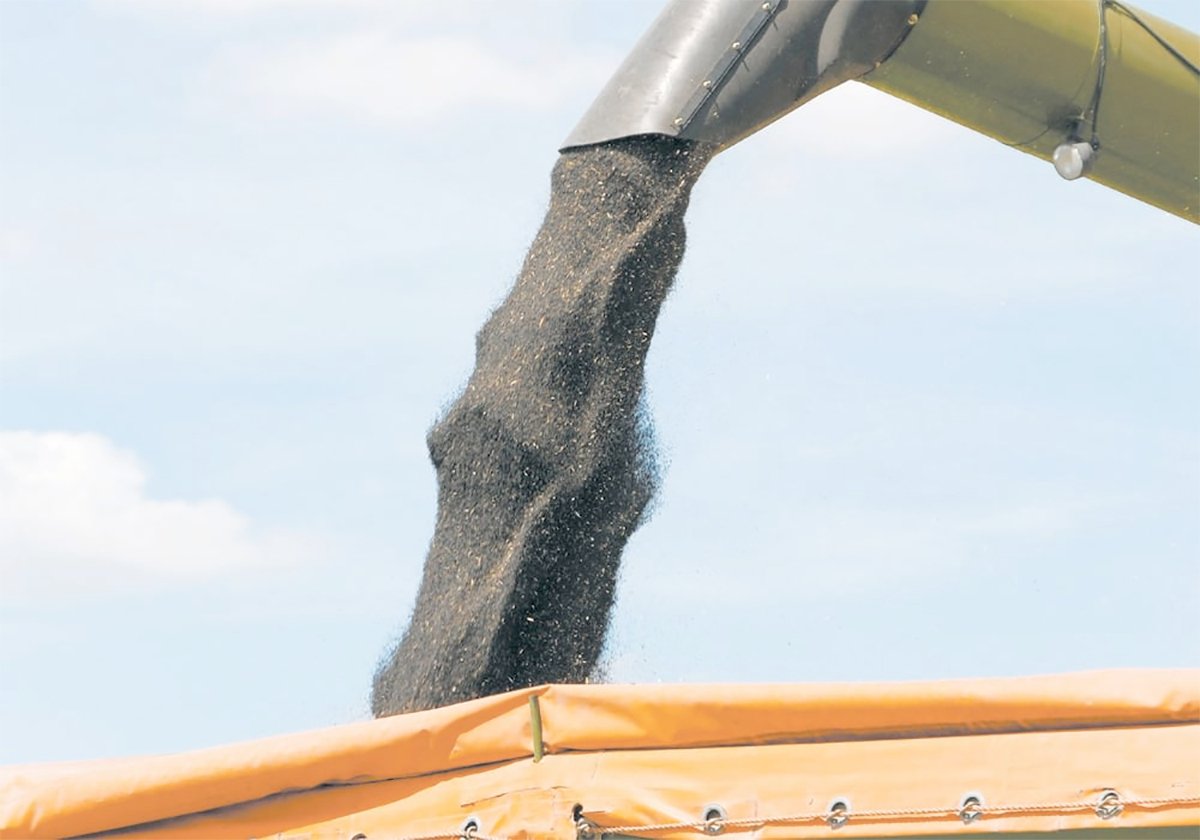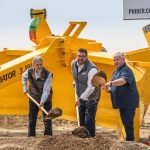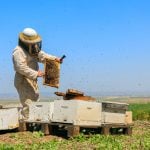To carbon tax or not to carbon tax? That is not the question.
Added costs for fuel, electricity, steel, rubber, fertilizer: you name it, producers are always the collectors of new costs.
Farmers can’t pass on a cost to their buyers in nearly every case because their competitors are located around the world, and unless every market faces the same expense, the producer must eat it.
Carbon taxes are tough ones to stomach for many farmers. They have bought the most fuel-efficient machines they can get and avoid waste when it comes to fertilizer and other inputs.
Read Also

Determining tariff compensation will be difficult but necessary
Prime minister Mark Carney says his government will support canola farmers, yet estimating the loss and paying compensation in an equitable fashion will be no easy task, but it can be done.
Tillage, one of the great carbon emitters in agriculture, is implemented on less than seven percent of the acreage in the region.
So what is a farmer to do?
About 180 of them attended the Agricultural Producers Association of Saskatchewan’s Prairie Carbon Summit in Saskatoon last week. It provided a comprehensive look at the research and tools producers have when it comes to making sound decisions about carbon.
It did show there are few choices when it comes to mitigation of new taxes. Over time research might be able to supply some improvements, but for the most part farmers now implement best management practices for crop and livestock production.
However, the event did provide a key tool they can use: information.
Well informed is well armed when it comes to public policy, and when it comes to carbon, the ship may have left the dock but is still in the harbour.
Producers need to express to their elected officials, both provincial and federal, that they understand the issue and have taken steps to avoid emissions and are major funders of efficiency research through their commodity check-off dollars.
There will be new, global markets for producers that are able to provide auditable products, showing they have met a variety of standards, including carbon efficiency, at least until that gets flooded with material.
APAS deserves full credit for producing a high quality event that gave farmers some of the tools they will need to mitigate the costs of carbon, starting with lobbying their elected representatives for ag-appropriate public policy.
Look for the complete video recordings of the event on producer.com in the near future and reporter Brian Cross’s stories in this week’s Western Producer.














